ORIGINAL RESEARCH
Published on 13 Jun 2024
TLR4 signalling: the key to controlling EV71 replication and inflammatory response
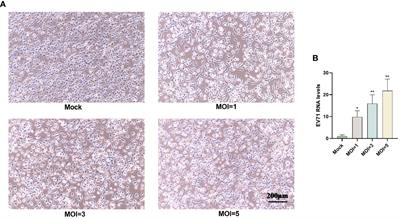
doi 10.3389/fcimb.2024.1393680
- 1,091 views
4,120
Total downloads
14k
Total views and downloads
Select the journal/section where you want your idea to be submitted:
ORIGINAL RESEARCH
Published on 13 Jun 2024

ORIGINAL RESEARCH
Published on 12 Mar 2024
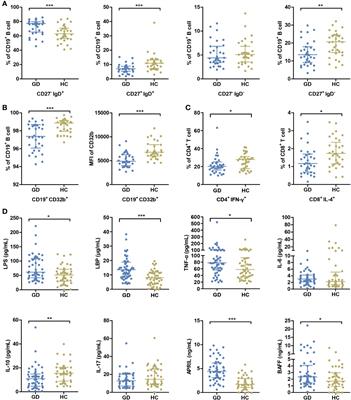
REVIEW
Published on 09 Feb 2024
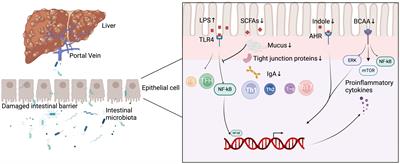
ORIGINAL RESEARCH
Published on 06 Feb 2024
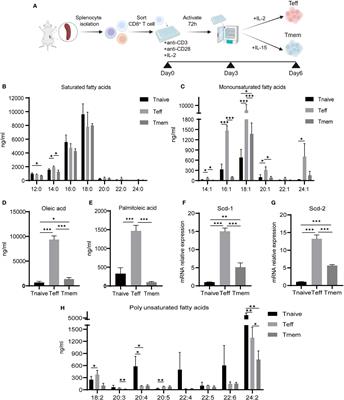
BRIEF RESEARCH REPORT
Published on 05 Dec 2023

ORIGINAL RESEARCH
Published on 28 Nov 2023
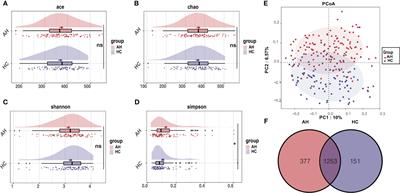

Frontiers in Oncology